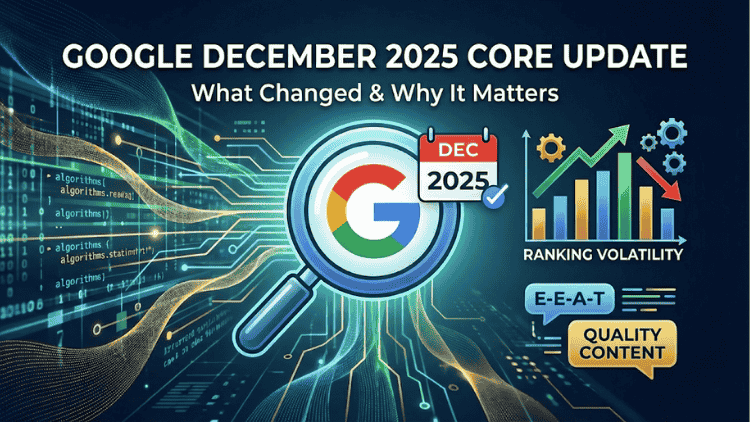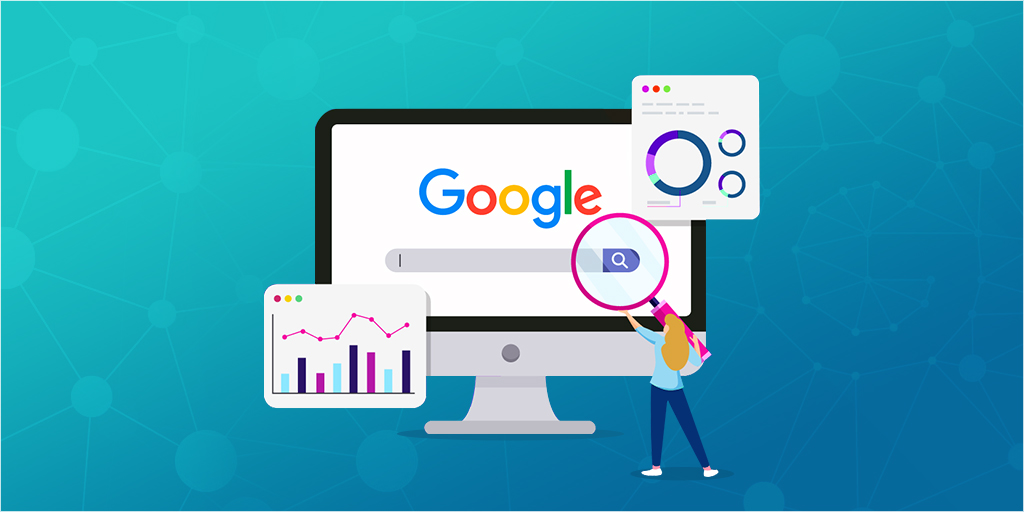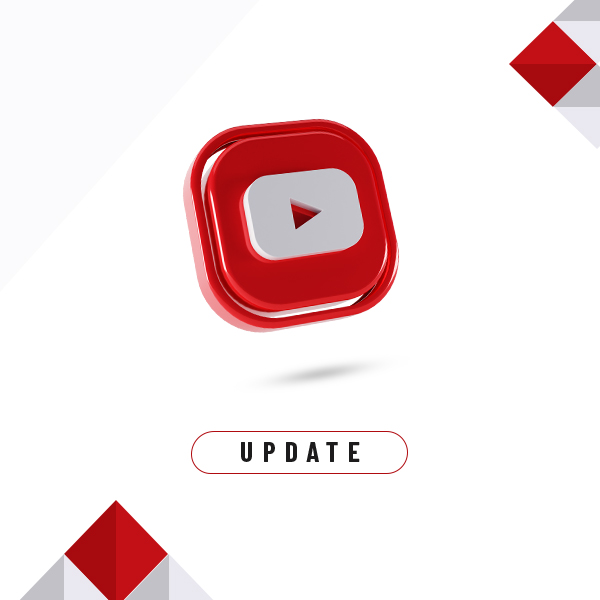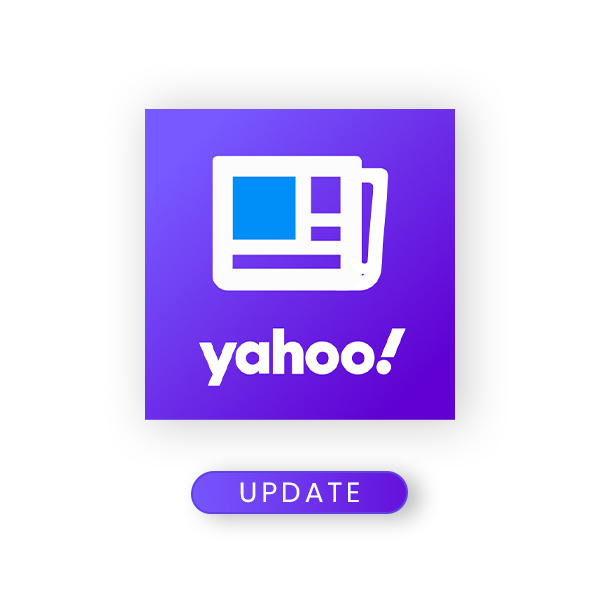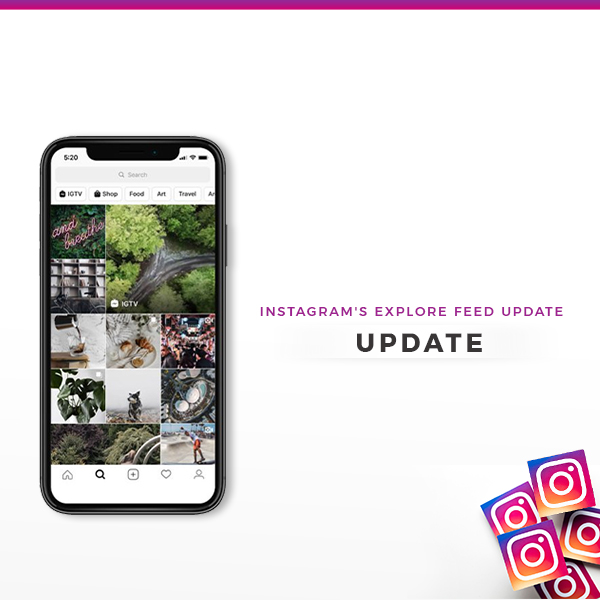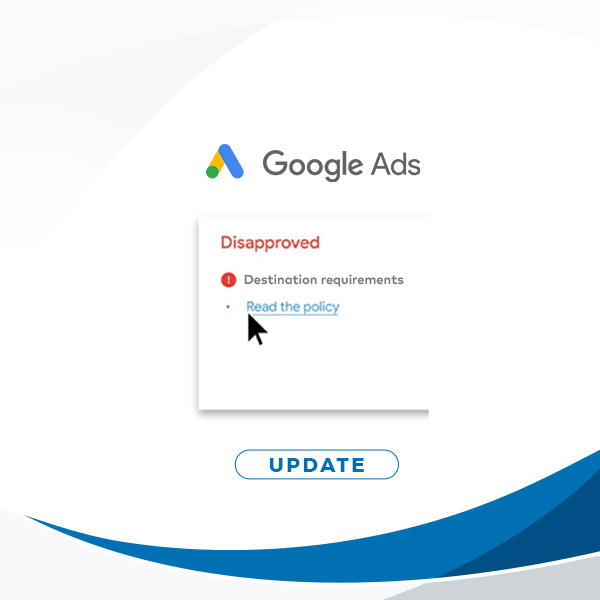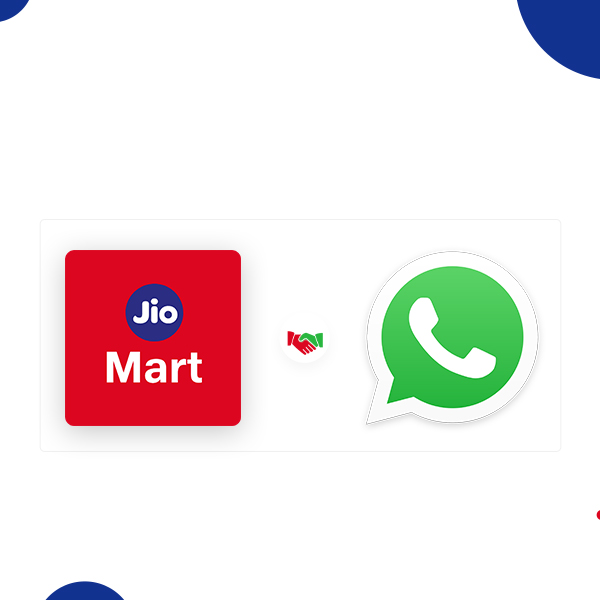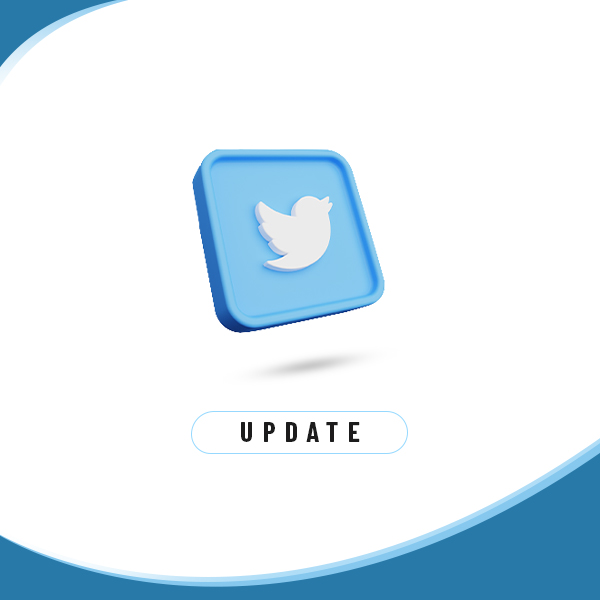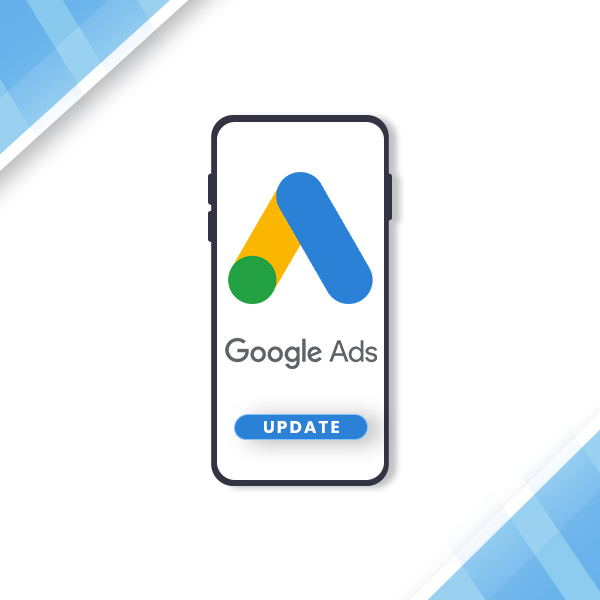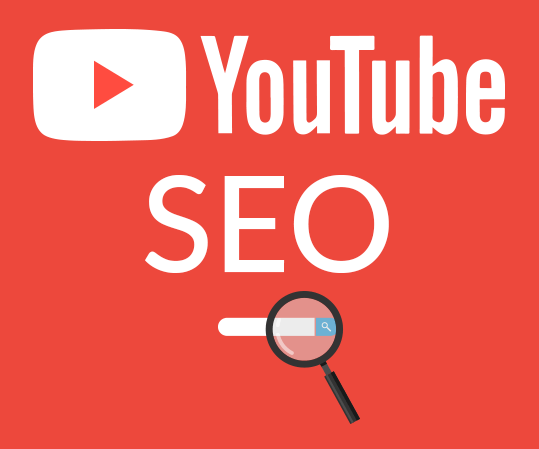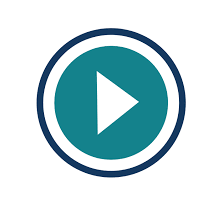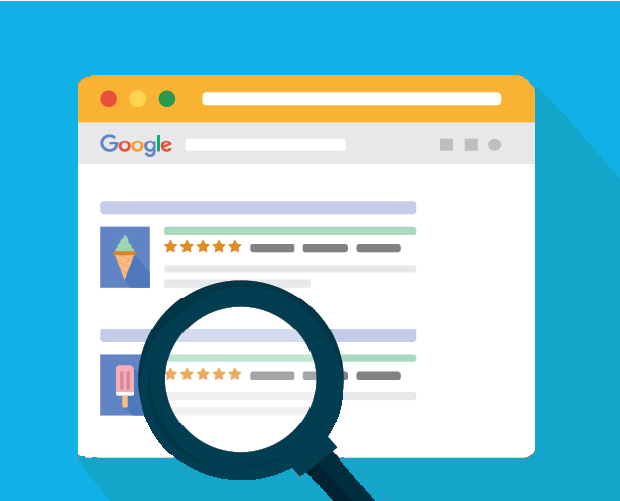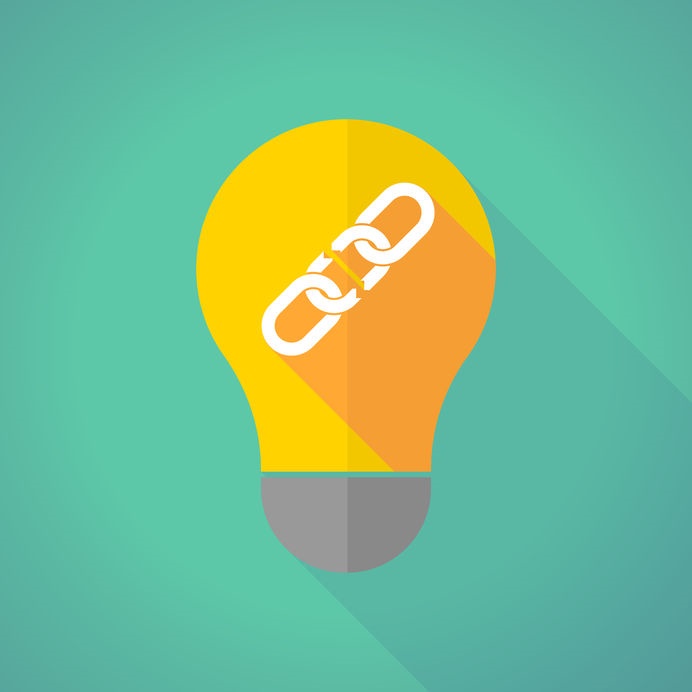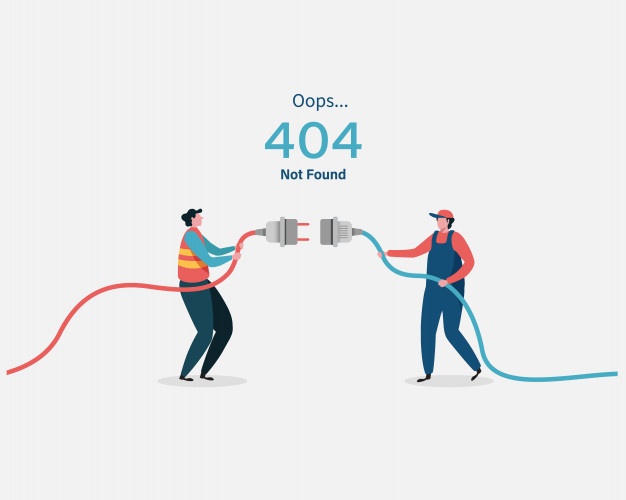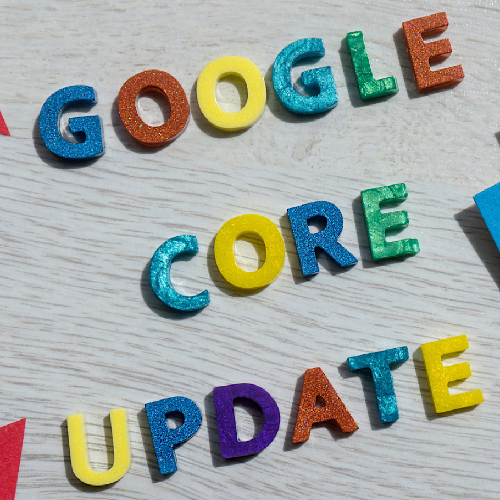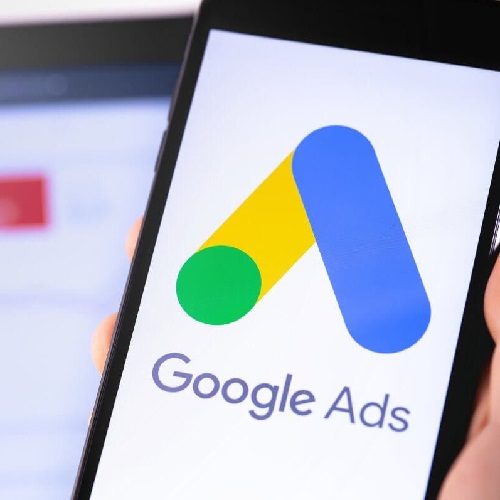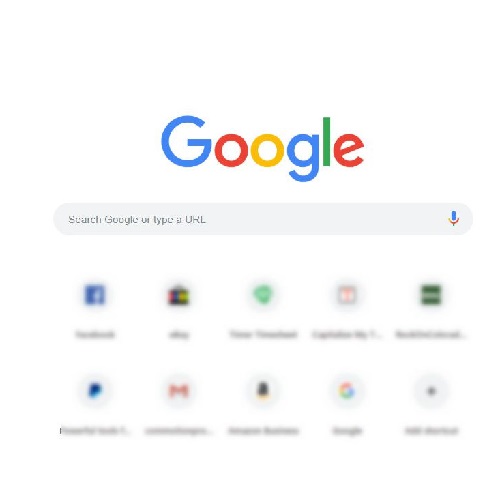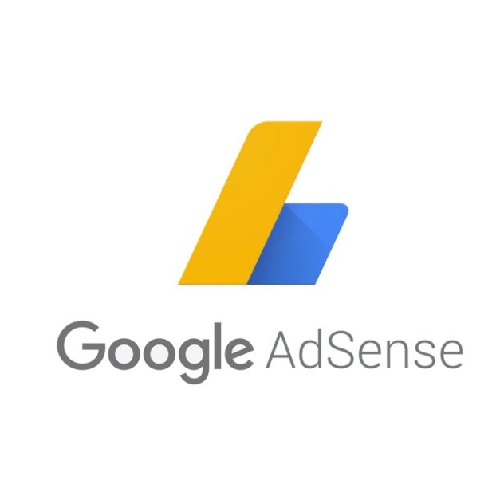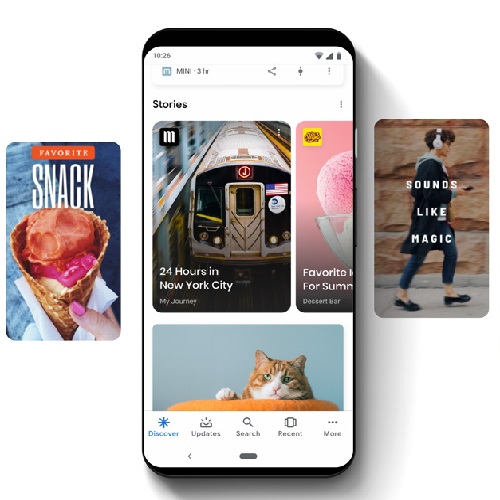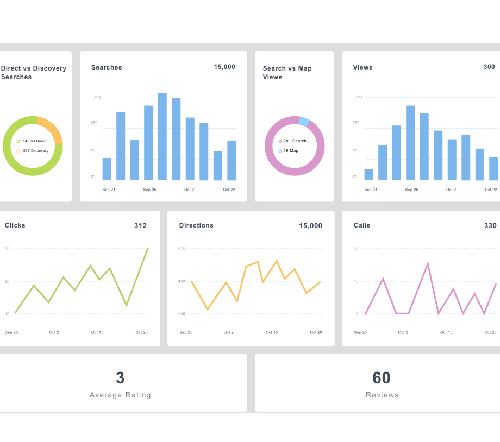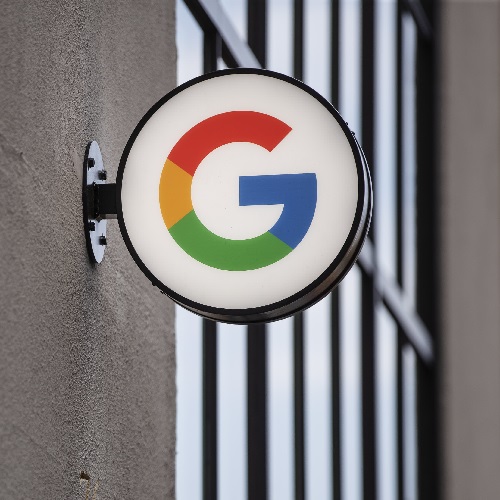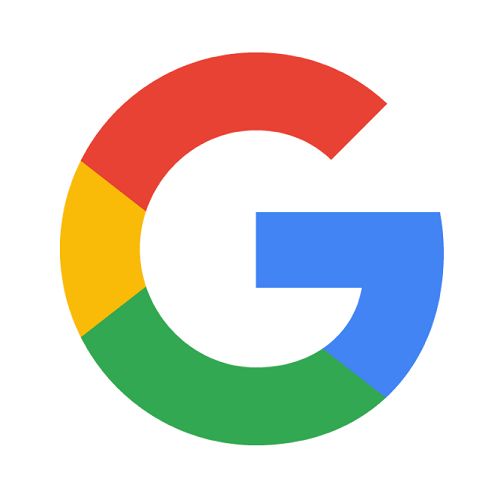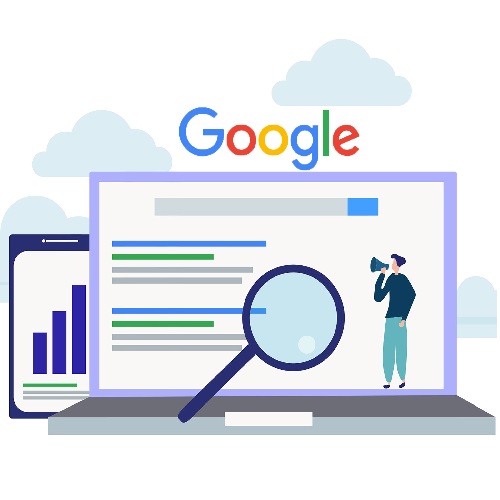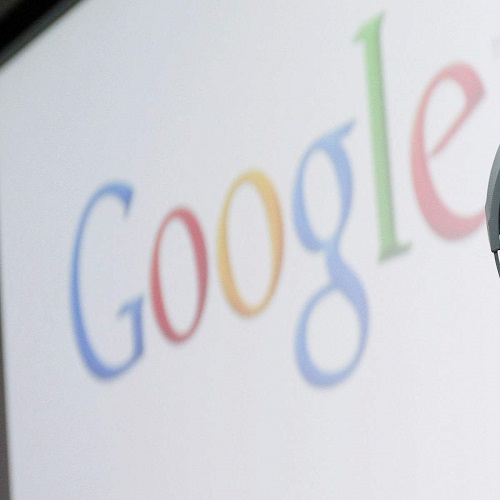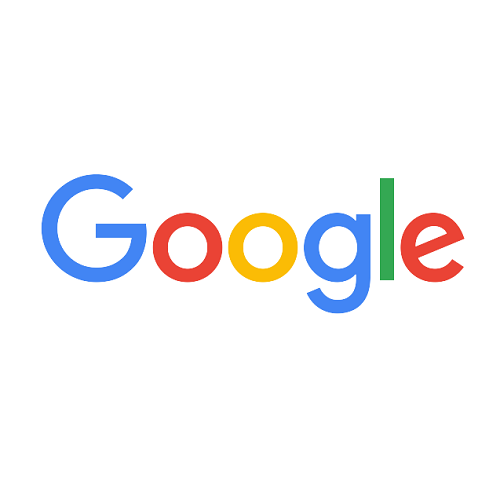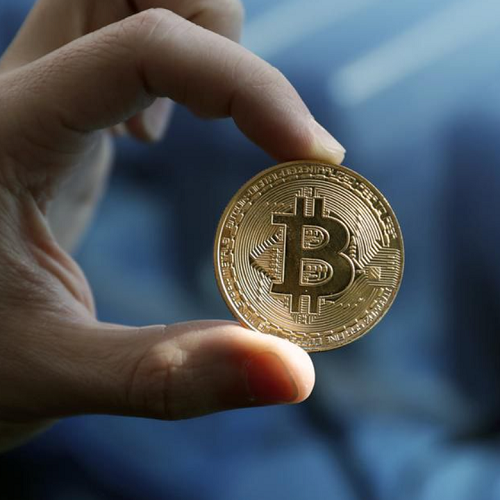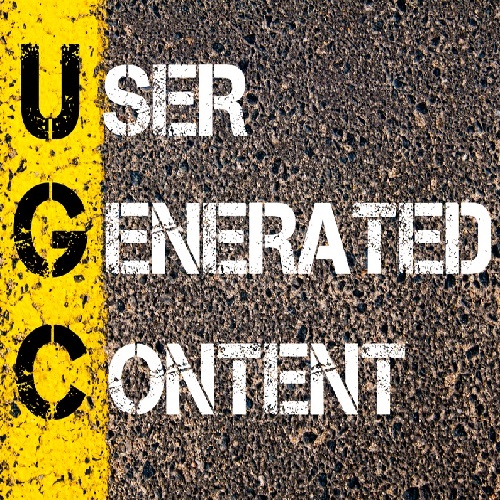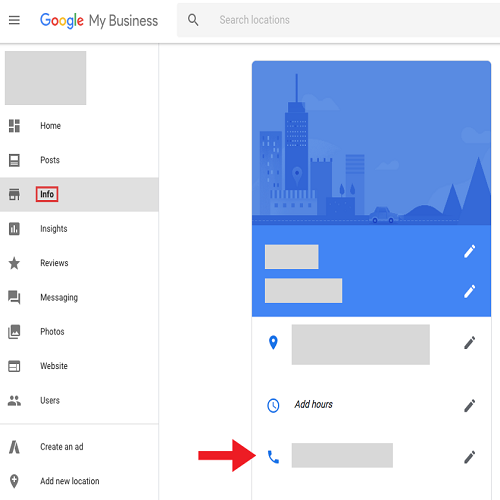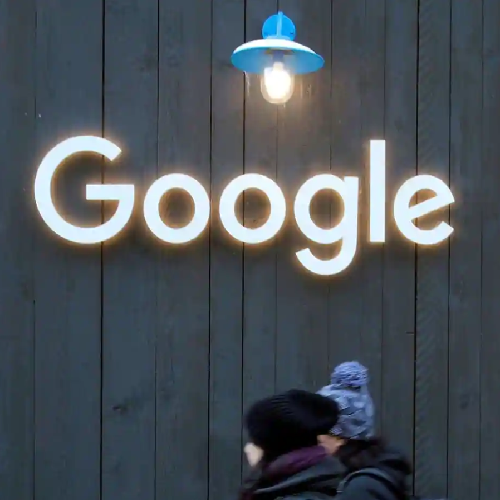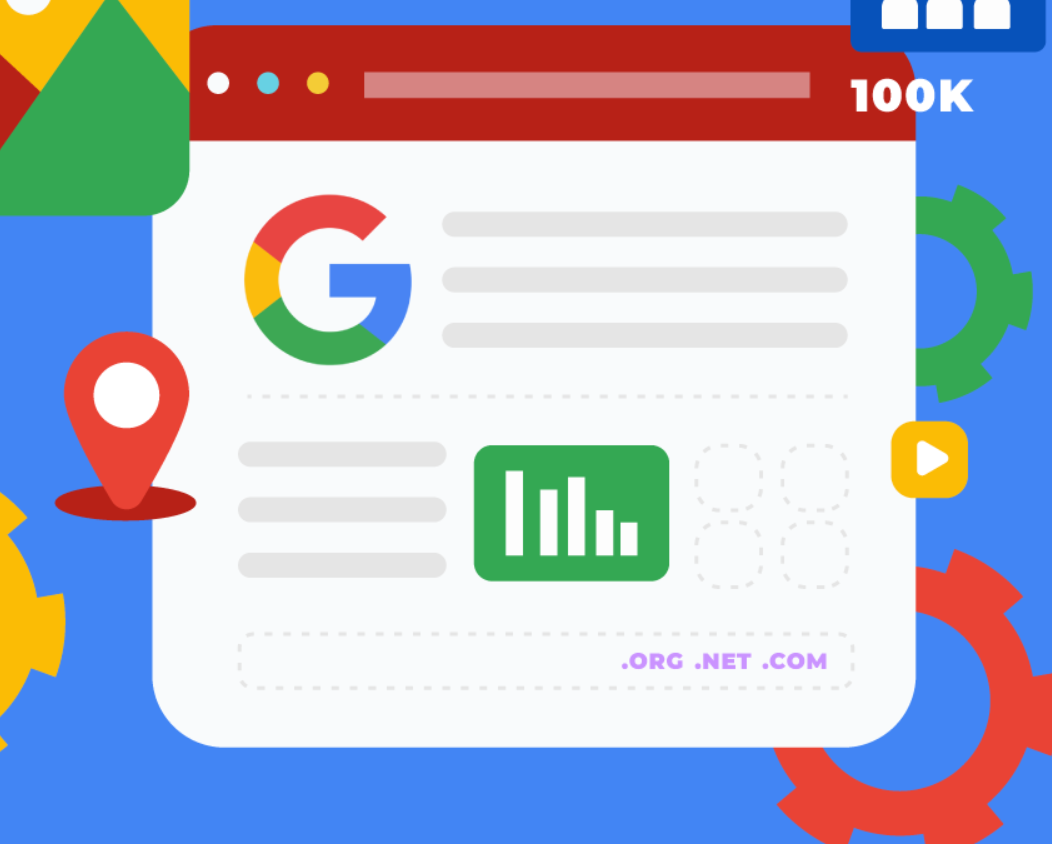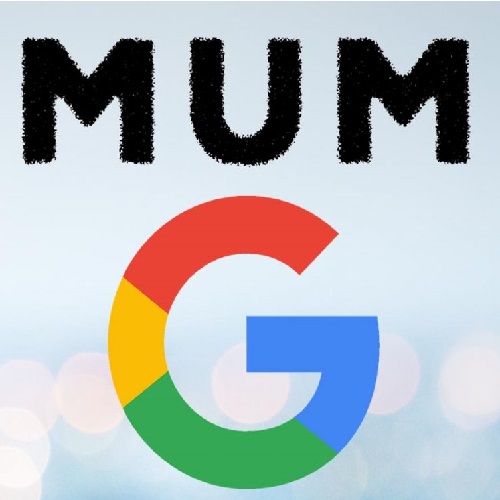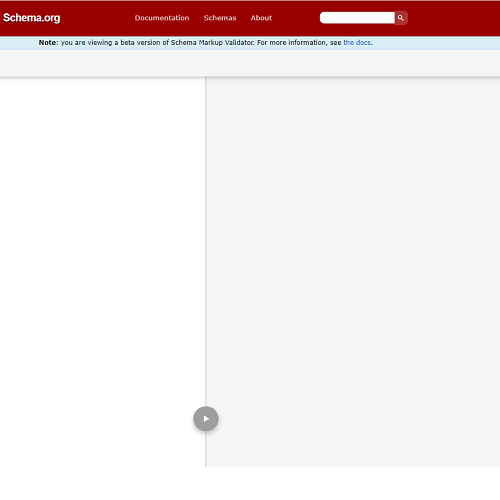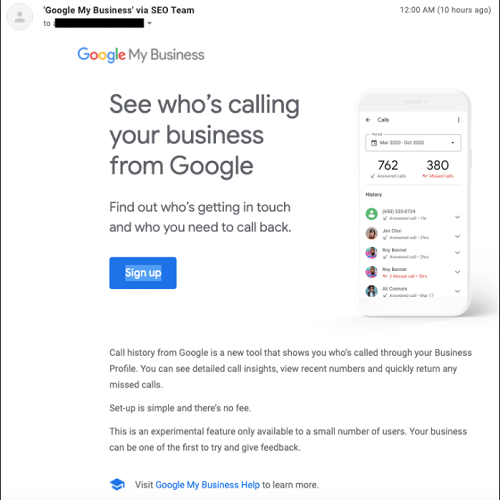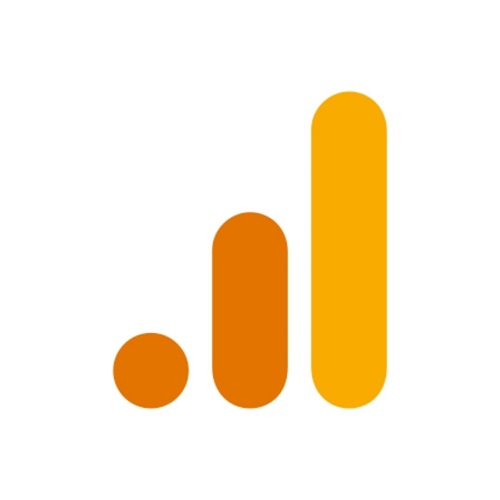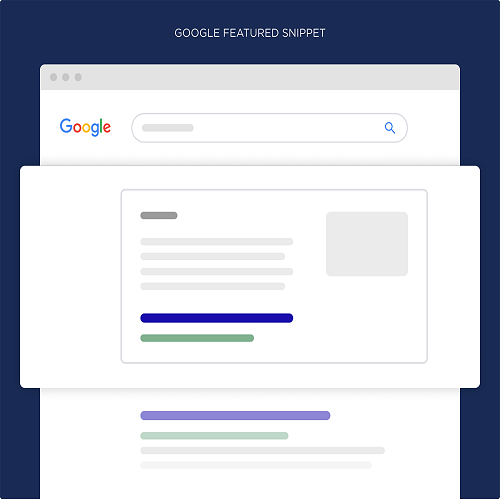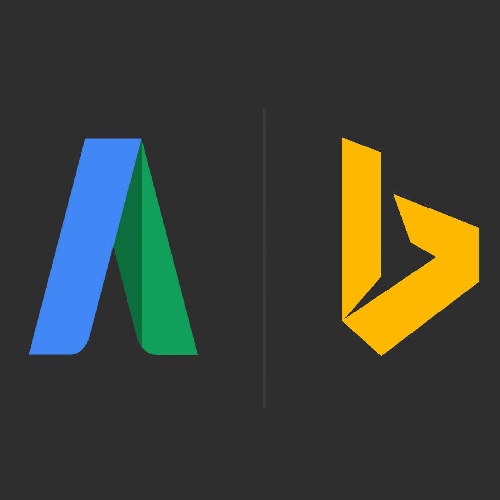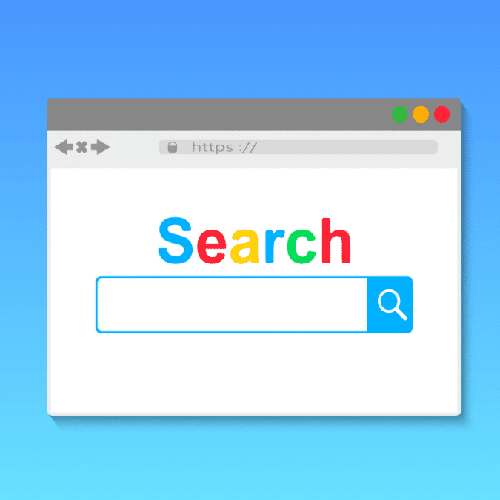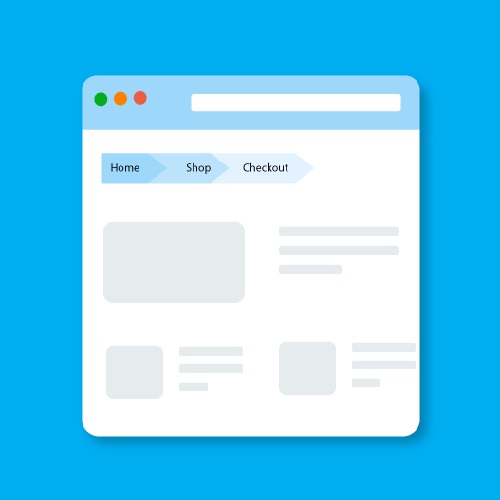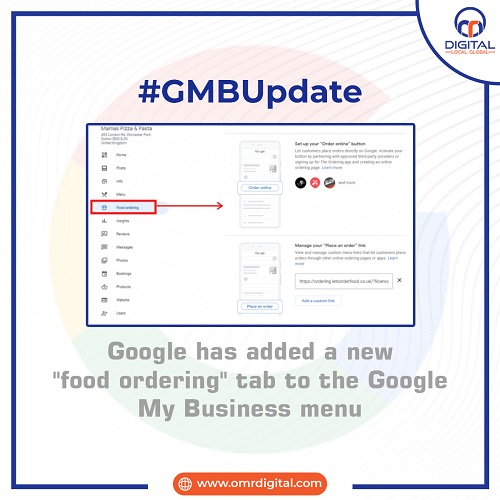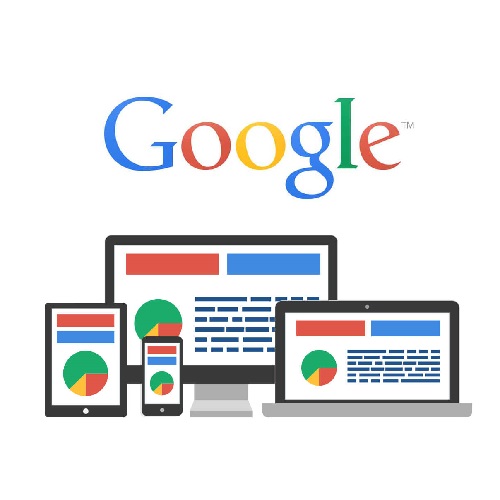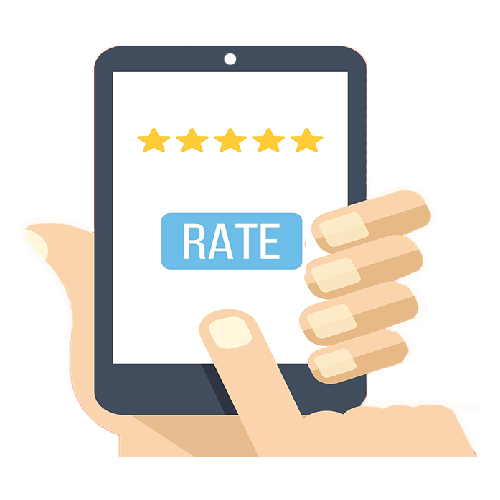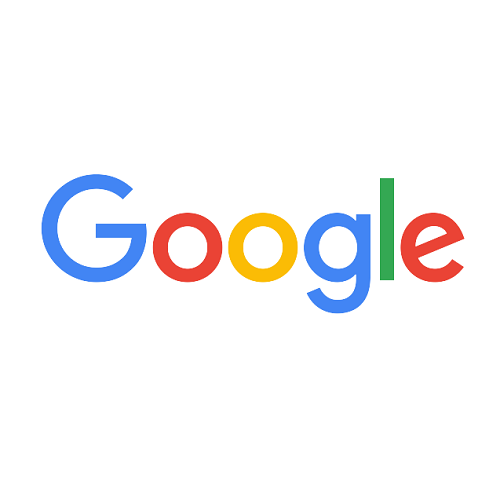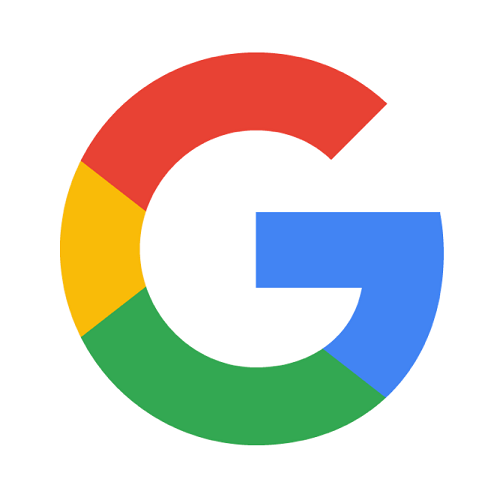Contact Us
Related Posts
Category
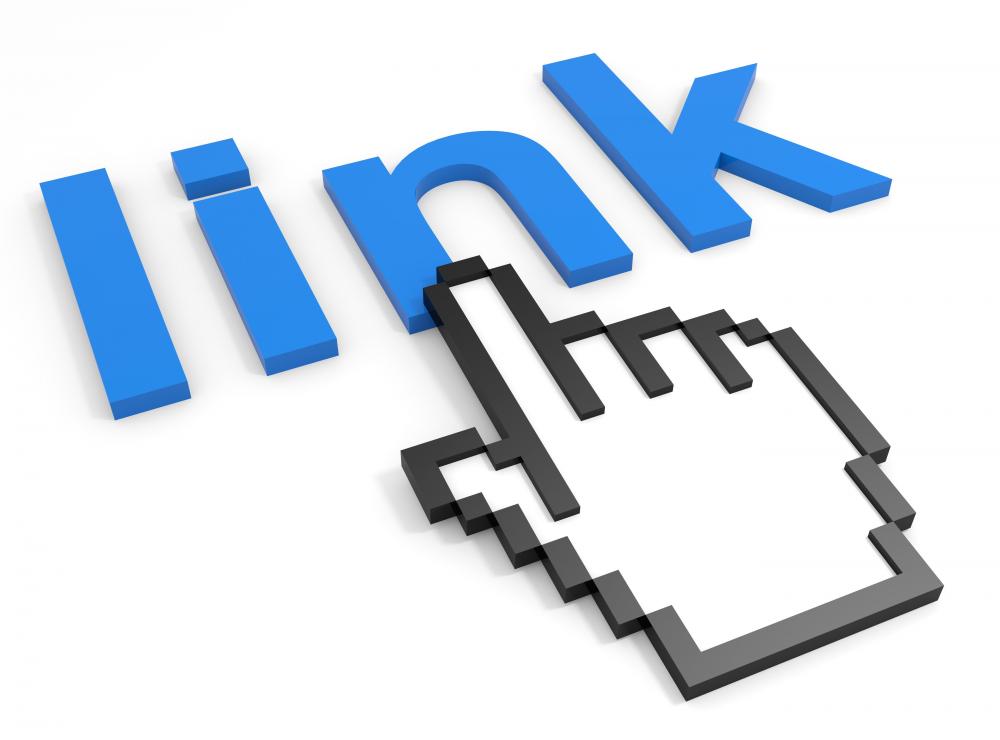
Google starts rolling out the “link spam update,” which makes its algorithms more effective at identifying as well as nullifying link spam.
The update starts rolling out today and will require no less than about fourteen days to roll out extensively to search results in multiple languages.
Google cautions that changes in rankings are imminent for some website owners:
“In our continued efforts to improve the quality of the search results, we’re launching a new link spam fighting change today — which we call the “link spam update…
Sites taking part in link spam will see changes in Search as those links are re-assessed by our algorithms.”
Information strewn all through Google’s announcement suggests a specific emphasis on targeting links from sponsored, guest, and affiliate content.
Indeed, the announcements starts as an easy going and a casual reminder to mark-up affiliate content with the appropriate rel values. Google buries the lede, as the news about this algorithm update is not mentioned until the end of the blog post.
This is an indication that Google wants website owners to target its advice on how to handle links within content, where there is an exchange of value involved.
Let’s going over Google’s guidance, which has all the earmarks of being particularly relevant to this algorithm update.
Google Link Tag Best Practices
Google reminds website owners to qualify links appropriately when linking out to other websites.
Websites are required to add tags to links, where there is a value exchange between the two domains.
Specifically, Google singles out affiliate links and links from guest as well as sponsored content.
Here is what Google suggests for each kind of link:
Affiliate links: Google asks websites participating in affiliate programs to qualify these links with rel=”sponsored”, whether or not these links were made dynamically or manually.
Links from sponsored posts: Links that are ads or paid placements (usually called paid links) are to be marked up with the rel=”sponsored” value.
Links from guest posts: Links from guest posts are to be marked up with the rel=”nofollow” value.
Google adds that it may issue manual actions when it finds websites that fail to qualify the above kinds of links fittingly and appropriately.

Google starts rolling out the “link spam update,” which makes its algorithms more effective at identifying as well as nullifying link spam.
The update starts rolling out today and will require no less than about fourteen days to roll out extensively to search results in multiple languages.
Google cautions that changes in rankings are imminent for some website owners:
“In our continued efforts to improve the quality of the search results, we’re launching a new link spam fighting change today — which we call the “link spam update…
Sites taking part in link spam will see changes in Search as those links are re-assessed by our algorithms.”
Information strewn all through Google’s announcement suggests a specific emphasis on targeting links from sponsored, guest, and affiliate content.
Indeed, the announcements starts as an easy going and a casual reminder to mark-up affiliate content with the appropriate rel values. Google buries the lede, as the news about this algorithm update is not mentioned until the end of the blog post.
This is an indication that Google wants website owners to target its advice on how to handle links within content, where there is an exchange of value involved.
Let’s going over Google’s guidance, which has all the earmarks of being particularly relevant to this algorithm update.
Google Link Tag Best Practices
Google reminds website owners to qualify links appropriately when linking out to other websites.
Websites are required to add tags to links, where there is a value exchange between the two domains.
Specifically, Google singles out affiliate links and links from guest as well as sponsored content.
Here is what Google suggests for each kind of link:
Affiliate links: Google asks websites participating in affiliate programs to qualify these links with rel=”sponsored”, whether or not these links were made dynamically or manually.
Links from sponsored posts: Links that are ads or paid placements (usually called paid links) are to be marked up with the rel=”sponsored” value.
Links from guest posts: Links from guest posts are to be marked up with the rel=”nofollow” value.
Google adds that it may issue manual actions when it finds websites that fail to qualify the above kinds of links fittingly and appropriately.

